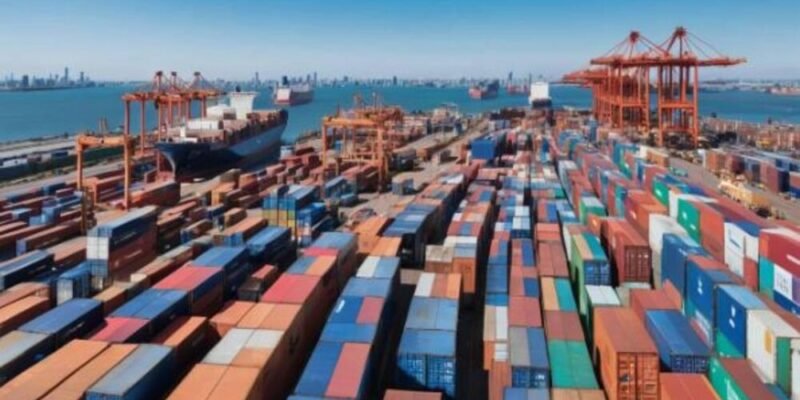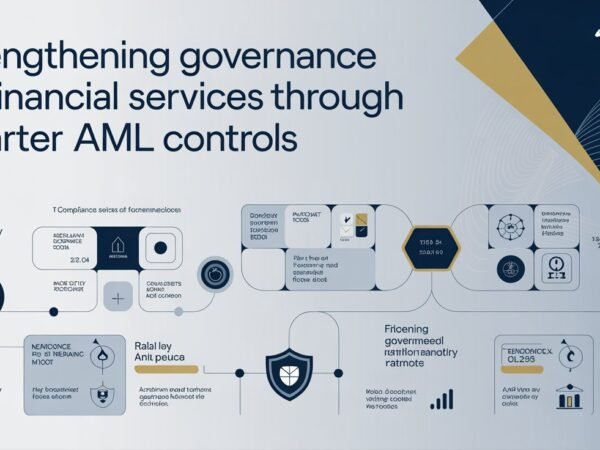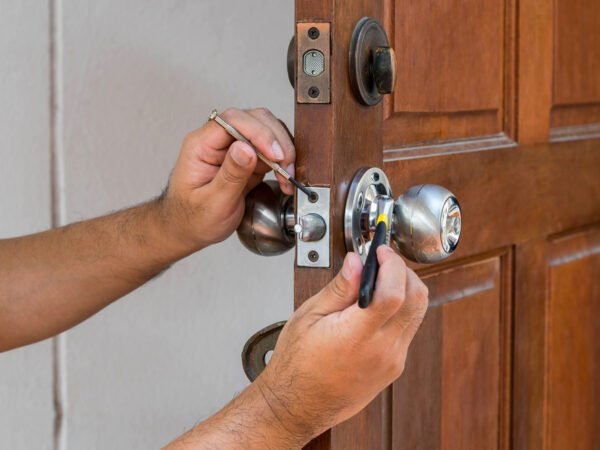Shipping your car and household belongings to Dubai may seem like an overwhelming task, but with the right guidance, it becomes manageable. Understanding each step of the process is crucial, from preparing an inventory to handling intricate customs documentation. This guide aims to clarify every aspect so you can relocate without unnecessary stress.
Diving deep into this topic, we’ve meticulously researched every detail—from service providers to cost estimates—to ensure you have all the necessary information at your fingertips. You’ll learn how to prepare your car and household items, choose appropriate packaging, and secure coverage before addressing the paperwork needed for a trouble-free transition.
The process of shipping a car and a house to Dubai involves several steps, explains A1 Auto Transport, including obtaining necessary documentation such as the original invoice and certificate of origin, as well as paying customs duties and taxes. For house shipping, it may involve hiring an international moving company, obtaining relevant permits, and ensuring compliance with UAE’s regulations and customs requirements. The exact process can vary based on specific circumstances, so it’s advised to consult with professional shipping and relocation services for personalized guidance.
Preparation for Shipping to Dubai
Shipping your treasured possessions and your vehicle to a new country involves careful planning and preparation. Here are the crucial steps you should take to ensure a smooth and successful shipping process.
Step I – Inventory Check
Creating a detailed inventory of all the items you intend to ship is the first vital step. This not only helps you keep track of your belongings but also assists in estimation and documentation. Each item should be accompanied by a description, estimated value, and dimensions. When it comes to shipping your car, it’s important to have the vehicle’s paperwork in order, including the original invoice and certificate of origin. These documents are necessary for customs clearance and registration in Dubai.
Step II – Cleaning and Servicing
Dubai has strict regulations regarding cleanliness for imported vehicles, so ensuring your car is spotless is crucial. Thoroughly clean the exterior and interior of the car, making sure to remove any dirt or residue that could lead to issues during inspection. It’s also important to service your car before shipping to guarantee that it’s in optimal working condition upon arrival in Dubai. Similarly, cleaning your household items prior to shipping is essential to prevent the transportation of pests or foreign soil.
Step III – Choosing Packaging
Selecting suitable packaging materials for your household items is paramount. Strong, durable packaging, such as bubble wrap, sturdy boxes, and packing tape, will provide the necessary protection during transit. Ensuring that your vehicle is properly enclosed if “Roll-On/Roll-Off” (RoRo) shipping isn’t an option is equally important. The right shipping container will guarantee the safety of your vehicle during its journey.
Step IV – Coverage
Acquiring comprehensive coverage for both your car and household goods is a fundamental safeguard against unforeseen events during shipping. Shipping internationally involves inherent risks, and having adequate coverage can provide peace of mind while potentially saving substantial costs in case of any untoward incidents.
By diligently completing these preparatory steps, you’ll set yourself up for a successful shipping experience and ensure that your valuable possessions arrive safely at your new destination.
As you meticulously prepare to embark on this international journey with your cherished belongings, understanding the required documentation will play a pivotal role in ensuring a seamless transition through customs at your destination.
Required Documentation
Moving abroad can be simultaneously exciting and daunting, with numerous things to prepare and sort out. One crucial aspect is to ensure you have the right documentation in place. Let’s dive into the essential paperwork needed for shipping your car and house to Dubai.
Passport and Residence Permit
Your passport is your ticket to international travel, needing to be valid for at least six months from entry into Dubai as legal proof of identity and citizenship. Additionally, a valid UAE residence permit is essential for smooth entry into the country. The residence permit is critical, serving as a legal document signifying permission to stay in the UAE. Initiating this process well in advance is important to avoid any relocation delays.
Vehicle Documentation
When moving your vehicle, several crucial documents are required:
- Original Invoice & Certificate of Origin: Essential for customs clearance and verification purposes, these documents provide evidence of the purchase and manufacturing details of the car.
- US Customs Export Declaration: Attesting to the legal export of your vehicle from the USA, this declaration is necessary for a streamlined import process, ensuring compliance with all regulations upon arrival in Dubai.
Papers and Bill of Lading
Comprehensive papers are vital for both your vehicle and household items, offering coverage for any unforeseen events during transit. Furthermore, the Bill of Lading serves as concrete evidence of shipment details, facilitating customs clearance in Dubai.
By ensuring you have all the necessary documentation in place, you pave the way for a smooth and hassle-free experience when shipping your car and household items to Dubai. This careful attention to paperwork helps mitigate potential delays or complications, allowing you to focus on your upcoming adventure with confidence and peace of mind.
Choosing an International Shipping Company
When it comes to moving your prized possessions across the world, you want a company that can handle the job with care and expertise. Selecting an international shipping company is crucial in the relocation process, particularly when transporting both your vehicle and household goods to a new country. Here’s how to evaluate and choose the right shipping partner for your needs.
Research and Comparison
Begin by conducting thorough research on companies specializing in shipping to the Middle East. Read reviews, check ratings, and assess their experience in handling both vehicles and household goods. Consider companies with extensive expertise in international relocations, particularly to the UAE, as they are likely better equipped to navigate local customs and regulations. Additionally, compare the services offered by different companies, such as door-to-door delivery or port-to-door options. This comparison will allow you to weigh the convenience and cost-effectiveness of various shipping methods.
FOLLOW-UP
Look for customer testimonials or reviews online to gauge the overall satisfaction levels of previous clients. Companies with positive reviews and a strong reputation for reliable service should be prioritized in your selection process.
Services and Specializations
As you narrow down your list of potential shipping partners, prioritize companies that offer comprehensive services tailored to international relocations. Ensure that the selected company provides not only transportation but also assistance with packing, customs clearance, and unboxing at the destination. Moreover, inquire about their specific experience in handling car shipments—a specialized understanding of vehicle transport can mitigate potential risks and ensure the safe delivery of your car.
Additionally, investigate whether the shipping company offers benefits such as shipment tracking and coverage. Tracking capabilities provide peace of mind by allowing you to monitor the location and progress of your shipment throughout transit. Furthermore, comprehensive coverage will safeguard your belongings against unforeseen circumstances during transportation, offering an added layer of security throughout the relocation process.
In conclusion, finding an international shipping company that specializes in transporting both household goods and vehicles to Dubai is critical for ensuring a smooth relocation experience. By conducting thorough research, comparing services offered, and verifying specializations in car shipments, you can effectively shortlist reliable partners for your international move.
Shipping Costs Breakdown
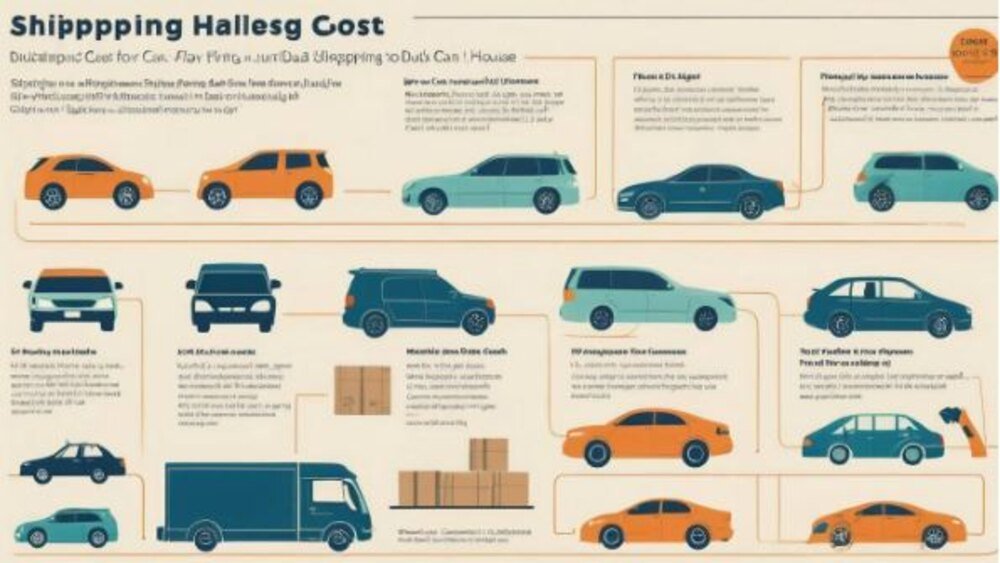
When shipping your car and household items to Dubai, it’s essential to have a clear understanding of the costs involved. The expenses incurred can vary depending on several factors, including the nature of the items being shipped, the distance they need to travel, and various fees associated with international transportation.
Car Shipping Costs
- Freight Charges
The foundational cost of shipping your car by sea is mainly constituted by freight charges. These charges can vary widely based on factors such as the shipping route, seasonality, and available space on cargo ships. It’s important to obtain detailed quotes from multiple shipping companies to ensure you’re paying a fair price for this essential service. - Coverage
Protecting your car during transit is paramount, and investing in coverage is a standard practice. Typically, the cost of coverage can amount to approximately 1% of the value of your car, providing peace of mind by safeguarding against unforeseen events during transportation. - Customs Duties
Upon arrival in Dubai, customs duties will be levied on your vehicle. These duties usually amount to around 5% of the car’s value in addition to the combined cost of shipping and coverage. Having a clear understanding of these duties helps avoid unexpected financial burdens upon arrival. - Miscellaneous Fees
Various additional fees come into play when shipping a car internationally, including expenses related to wharf usage, inland transport within Dubai, storage charges, and delivery fees. Ensuring comprehensive knowledge about these miscellaneous charges beforehand helps anticipate overall expenses.
Household Item Costs
- Packing Materials
The cost of packing materials for household items typically includes expenses for boxes, bubble wrap, tape, and protective packaging. Depending on the quantity and nature of items being packed, these costs can add up significantly. Procuring quality packing materials ensures safe transit. - Freight Charges
Similar to car shipping, freight charges for household items are primarily determined by their volume and weight. Accurate estimates based on the complete inventory of items being shipped are essential. Exploring options for shared container shipping or air freight can optimize costs. - Coverage
Insuring your household items during transit is advisable to mitigate risks associated with potential loss or damage. The cost typically ranges from 2-4% of the declared value of goods being shipped—ensuring adequate coverage is essential for valuable or irreplaceable items. - Customs Duties & VAT
Upon arrival in Dubai, customs duties and Value Added Tax (VAT) will be applicable based on the total declared value of goods being imported—with thorough preparation ensuring a smooth customs clearance process and preventing any delays or complications upon arrival.
By thoroughly understanding and accounting for each component of shipping costs, effective planning and budgeting for relocation to Dubai minimizes unforeseen financial implications.
Understanding Dubai Regulations
Dubai is a bustling port city at the crossroads of Asia, Europe, and Africa, and its import and export regulations are designed to ensure the smooth flow of goods while maintaining safety and security. Understanding these regulations is essential for a seamless shipping experience. Let’s take a closer look at the key aspects of Dubai’s import regulations that you need to be mindful of as you prepare to ship your car and household items.
Customs Duties and VAT
When it comes to importing vehicles, Dubai imposes customs duties based on the total value, including the vehicle’s cost, coverage, and shipping fees. Typically, a 5% duty is levied on the combined value. It’s important to note that Value Added Tax (VAT) at 5% applies to all elements of cost associated with the import, adding an additional layer of financial consideration.
These duties and taxes can significantly impact your overall shipping expenses. Therefore, it’s crucial to factor them into your budgeting process and work closely with your shipping provider to ensure accurate estimation of costs.
Vehicle Compliance and Specifications
In addition to taxes and duties, stringent compliance requirements must be met for vehicles entering Dubai. It’s essential to ensure that your car conforms to Dubai’s emission standards and roadworthiness specifications. Older vehicles, in particular, may struggle to meet these stringent requirements, potentially leading to denial of entry.
Before proceeding with the shipment of your vehicle, consider engaging a professional inspection service to verify compliance with Dubai’s regulations. This proactive approach can save you both time and money by addressing any potential non-compliance issues before they become significant hurdles during the import process.
Import Restrictions on Household Goods
Your household goods are just as subject to Dubai’s customs regulations as vehicles. Certain items are restricted by Dubai customs, so it’s crucial to carefully review the latest list of prohibited items to avoid complications during shipment. Commonly restricted items include alcohol and specific medications, highlighting the importance of being well-versed in local import restrictions.
An expatriate family relocating to Dubai might unknowingly attempt to ship a collection of wines acquired from various countries without being aware of Dubai’s strict regulations regarding alcohol imports. This oversight could lead to costly delays and potential confiscation of the goods.
To mitigate such risks, thorough research into import restrictions should be an integral part of your pre-shipping preparations. By familiarizing yourself with Dubai’s regulations ahead of time, you can navigate potential obstacles more effectively and ensure that your shipments comply with local customs requirements.
Understanding and adhering to Dubai’s customs duties and vehicle specifications is fundamental for a successful import process. These considerations are essential for ensuring compliance with local regulations while minimizing the risk of costly delays or denied entry for your vehicle and household goods.
As we dive into the intricacies of shipping your belongings and car across borders, let’s now turn our attention to comprehensive steps for transporting your car and household items to Dubai.
Transporting Your Car and Household Items
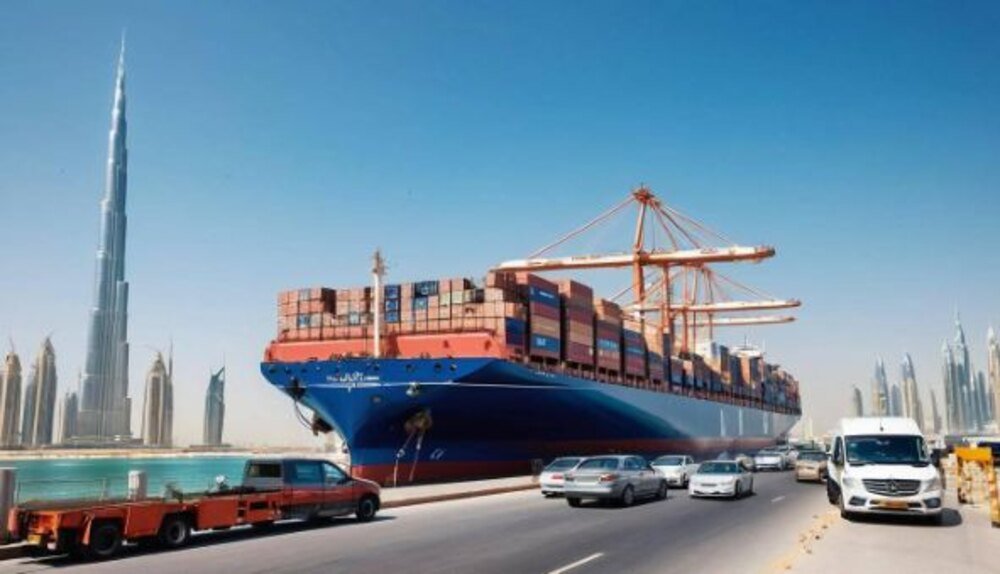
When it comes to shipping your car and household items to Dubai, you have several choices to make. For cars, Roll-On/Roll-Off (RoRo) shipping is a popular option due to its cost-effectiveness. In contrast, container shipping offers added security by placing your car in a dedicated container. It’s essential to consider the trade-offs when making this decision. Additionally, for household goods, you’ll need to choose between Full Container Load (FCL) for larger volumes or Less than Container Load (LCL) for smaller quantities. FCL provides dedicated space for your items while LCL is more budget-friendly.
Suppose you’re shipping a luxury car that holds significant financial and sentimental value. In such a case, the added security of container shipping might be well worth the extra expense. Conversely, if you are on a tight budget or simply relocating with minimal items, opting for LCL for your household goods could be the most practical choice. The key is to weigh the benefits against the costs and align your decision with your unique situation and priorities.
After selecting your shipping method, the next step is coordinating arrival and delivery. This involves synchronizing the arrival times of your car and household items in Dubai.
It’s crucial to find a shipping company that can organize the arrival of your belongings at around the same time. However, if this isn’t feasible due to varying shipment schedules, look for a company that offers warehousing services. Warehousing can provide a temporary storage solution for your belongings while ensuring they remain safe until they reach their final destination in Dubai.
Local Transport Planning
Once your car and household items arrive at the port in Dubai, it’s essential to plan for local transport from the port to your new home. While some shipment companies offer door-to-door delivery services, others may require you to arrange this local leg of the journey yourself.
It’s prudent to clarify these details with your chosen shipping company well in advance. If you need to arrange local transport independently, you can seek recommendations and quotes from local logistics providers in Dubai. Planning ahead ensures a seamless transition from the port to your new home without any last-minute logistical challenges.
Understanding the process of coordinating arrival and delivery not only ensures a smooth shipping experience but also sets the stage for a stress-free relocation to Dubai.
By carefully considering transportation methods and organizing the arrival and local transport of your belongings, you pave the way for a successful transition to your new home in Dubai.
Arranging for the transportation of your car and household items doesn’t have to be overwhelming. With careful planning and consideration of options, you can streamline the process and ensure a smooth relocation experience. Here’s to a seamless move!
Also Read Interesting articles at Disboard.co,uk


